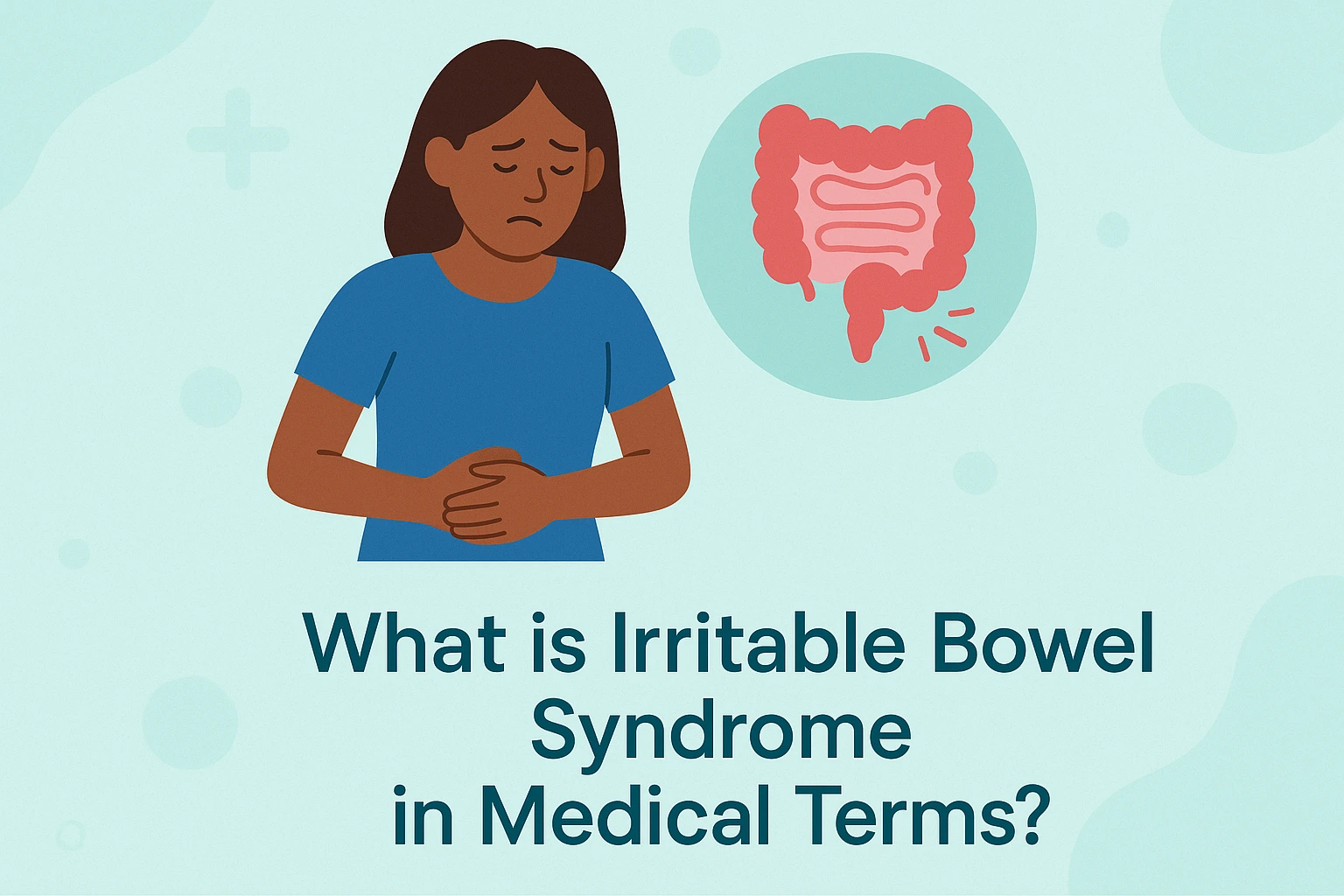Irritable Bowel Syndrome (IBS) is a common gastrointestinal disorder characterized by a group of symptoms that affect the large intestine (colon). IBS leads to symptoms such as abdominal pain, bloating, cramps, and changes in bowel movements, including diarrhea, constipation, or alternating between both. Although IBS can be uncomfortable and disruptive to daily life, it does not cause permanent damage to the intestines or lead to more serious diseases like colorectal cancer.
The exact cause of IBS is not fully understood, but it is believed to involve an interplay of factors such as gut motility, intestinal sensitivity, and brain-gut interaction. It is a chronic condition that often requires long-term management.

Types of Irritable Bowel Syndrome
IBS is classified into several subtypes based on the dominant symptoms:
- IBS with Diarrhea (IBS-D): Characterized by frequent, urgent diarrhea and abdominal cramping.
- IBS with Constipation (IBS-C): Involves infrequent, difficult-to-pass stools, often accompanied by bloating and abdominal discomfort.
- IBS with Mixed Symptoms (IBS-M): A combination of both diarrhea and constipation, with alternating episodes.
- IBS Unclassified (IBS-U): When symptoms do not fit into any of the above categories but still meet the diagnostic criteria for IBS.
Causes and Risk Factors for Irritable Bowel Syndrome
The exact cause of IBS is not well understood, but several factors may contribute to its development, including:
- Gastrointestinal motility issues: In people with IBS, the muscles in the gut may contract too forcefully or too weakly, leading to symptoms like diarrhea or constipation.
- Gut-brain interaction: IBS may be triggered by abnormal communication between the brain and the gut, which affects how the digestive system functions.
- Increased gut sensitivity: People with IBS may have heightened sensitivity to gas or stool in the intestines, leading to bloating, pain, and discomfort.
- Infections: Some individuals develop IBS after a gastrointestinal infection (food poisoning or gastroenteritis).
- Dietary triggers: Certain foods and beverages, such as high-fat foods, dairy, caffeine, and alcohol, can worsen symptoms.
- Stress and anxiety: Emotional stress can trigger or exacerbate IBS symptoms by influencing the gut-brain axis.
- Genetics: A family history of IBS or other gastrointestinal conditions may increase the likelihood of developing IBS.
Symptoms of Irritable Bowel Syndrome
The symptoms of IBS can vary widely from person to person but commonly include:
- Abdominal pain or discomfort, often relieved by passing gas or having a bowel movement.
- Bloating and a sensation of fullness in the abdomen.
- Diarrhea (frequent, loose stools) or constipation (infrequent, hard stools).
- Alternating diarrhea and constipation, known as IBS-M.
- Mucus in the stool.
- Fatigue and difficulty sleeping due to the discomfort caused by IBS.
When to Seek Medical Help for Irritable Bowel Syndrome?
If you experience symptoms like persistent abdominal pain, changes in bowel habits, or unexplained weight loss, it’s important to seek medical attention. While IBS is not life-threatening, these symptoms could also indicate other conditions such as inflammatory bowel disease (IBD) or colon cancer.
Related Terms to Irritable Bowel Syndrome
FAQs for Irritable Bowel Syndrome
When should I go to the ER for irritable bowel syndrome?
If you experience severe abdominal pain, fainting, or confusion, seek emergency care immediately.
How can heat and dehydration affect irritable bowel syndrome?
In hot climates, dehydration can exacerbate symptoms, especially during long-haul travel or fasting.
What are some ways to reduce the risk of irritable bowel syndrome?
Maintaining a balanced diet, managing stress, and staying hydrated may help reduce the risk.
